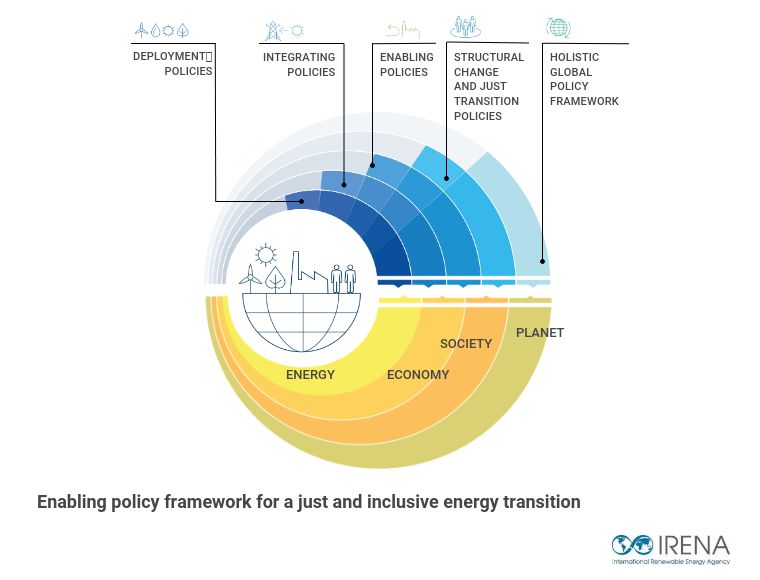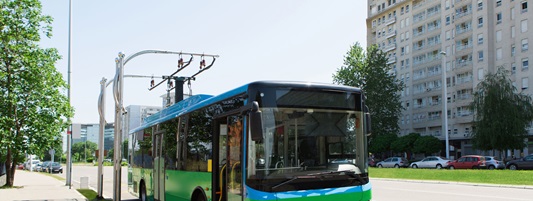Overview
Renewables have experienced a remarkable evolution over the past decades. Indisputably they now form the leading edge – in combination with energy efficiency – of a far-reaching global energy transition. Spurred by innovation, increased competition, and policy support in a growing number of countries, renewable energy technologies, in particular in the power sector, have achieved massive technological advances and sharp cost reductions in recent years. Consequently, the growth in their deployment has come to outpace that of any other electricity source.
However, despite some progress, the energy transition is far from being on track. Several key barriers still hamper renewable energy deployment, ranging from technological and financial risks in new markets to integration challenges in markets with high shares of variable renewables. Moreover, despite significant progress in the power sector, renewables are lagging behind in heating and cooling and transport applications. Therefore, radical action is needed to accelerate renewables deployment across all sectors.

Since 2018 IRENA has examined policies in a time of transition, offering policy makers comprehensive advice of the policy options available to support the development of renewables in each sector, including power generation, and heating and cooling. The Renewable Energy Policies in a Time of Transition series analyses the status of renewables deployment and critical renewables-based transforming pathways in each sector. It also identifies major barriers to deployment and policies to address them. It proposes a system of policy classification and aims to provide a global reference source for policy instruments.












